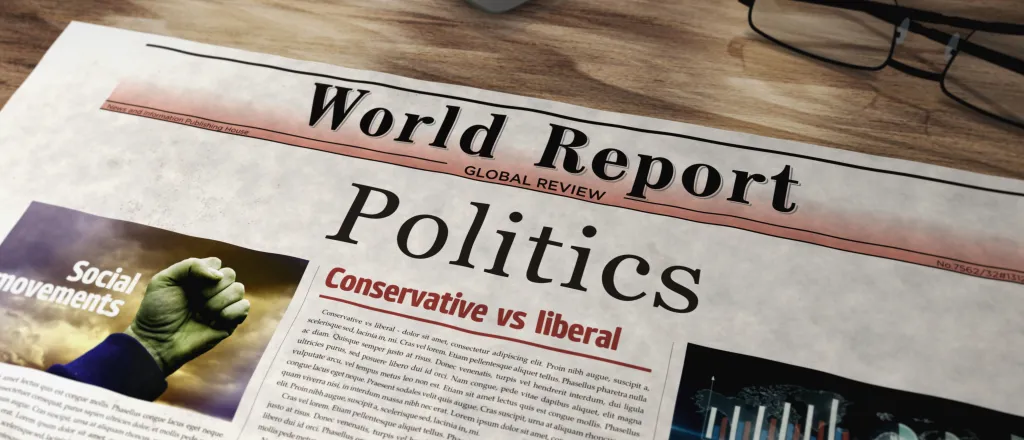
Politics: 2025Talks - May 16, 2025
© Arkadiusz Warguła - iStock-1890683226
Politics and views in the United States.
Omaha elects its first Black mayor, U.S. Supreme Court considers whether lower courts can prevent Trump administration's removal of birthright citizenship, and half of states consider their own citizenship requirements for voter registration.
TRANSCRIPT
(clicking)
Welcome to 2025 Talks, where we're following our democracy in historic times.
One of the things I've always wanted to do is be a mentor and an example for the young people in our community so they could believe that their dreams were possible.
Omaha, Nebraska, Mayor-elect John Ewing says his city is embarking on a new chapter.
The first black mayor of the state's largest city says he wants to focus on affordable housing, public safety and giving young people more reasons to stick around.
Democrats say in a state where nearly two-thirds backed President Donald Trump, Ewing's substantial victory signals a rejection of Trump policies and a potential preview of next year's midterms.
The Supreme Court heard the Trump administration's arguments for doing away with birthright citizenship and ending the ability of individual federal courts to stop executive actions nationwide.
The justices appeared intent on keeping the nationwide injunctions that are blocking the administration's citizenship rules, Massachusetts Attorney General Andrea Campbell joined more than 20 other Democratic attorneys general in suing to keep what they call a constitutional protection.
If they can dismantle the 14th Amendment in our Constitution, they can also dismantle the other rights and privileges afforded our residents.
First Amendment, Second Amendment, you name it.
A decision is expected by the end of June. are underway in a federal appeals court regarding mass challenges to voter registrations in Georgia.
Plaintiffs allege a 2021 law allowing unlimited challenges enables illegal voter intimidation.
House Republicans say they're optimistic that they'll vote on their massive tax and budget bill next week.
Lawmakers say they intend to speed up new Medicaid work requirements to secure votes from more hardline conservatives.
Georgia Republican Congressman Rich McCormick calls the requirements common sense.
Nothing to be celebrated in the fact that there will be a little belt tightening, but a lot of it's just getting rid of illegitimate spending, getting people to actually take charge of their destiny.
The legislation would slash Medicaid by more than $600 billion to pay for tax cuts, mostly aimed at wealthy households and corporations.
The Congressional Budget Office estimates more than 8 million Americans could lose health coverage.
At least two dozen states are considering their own versions of the Federal SAVE Act, which requires proof of citizenship to register to vote.
Marissa Carpio with the Equality State Policy Center in Wyoming says her state already has some of the lowest voter turnout in the nation and requiring new documents will only make it worse.
It could disenfranchise people who already struggle to vote, those like women in shelters, people on the Wind River Reservation and those without stable housing.
The SAVE Act would effectively end third party or online voter registration.
The Wyoming law also allows county clerks to reject an application if there's any indication the person is not a U.S. citizen.
I'm Kathryn Carley for Pacifica Network and Public News Service.
Find our trust indicators at publicnewsservice.org.

















